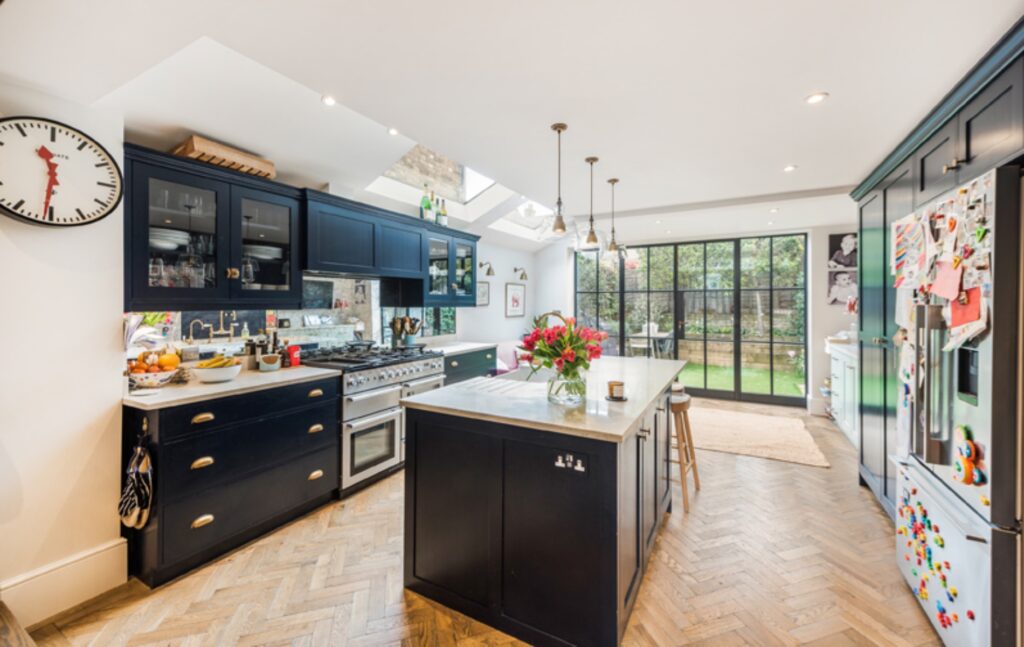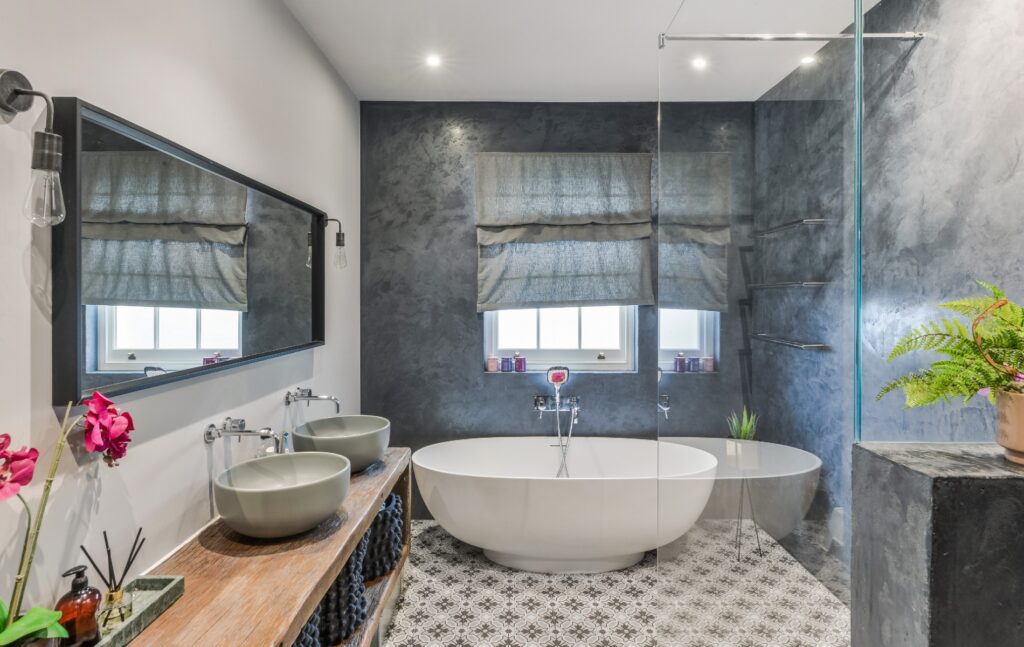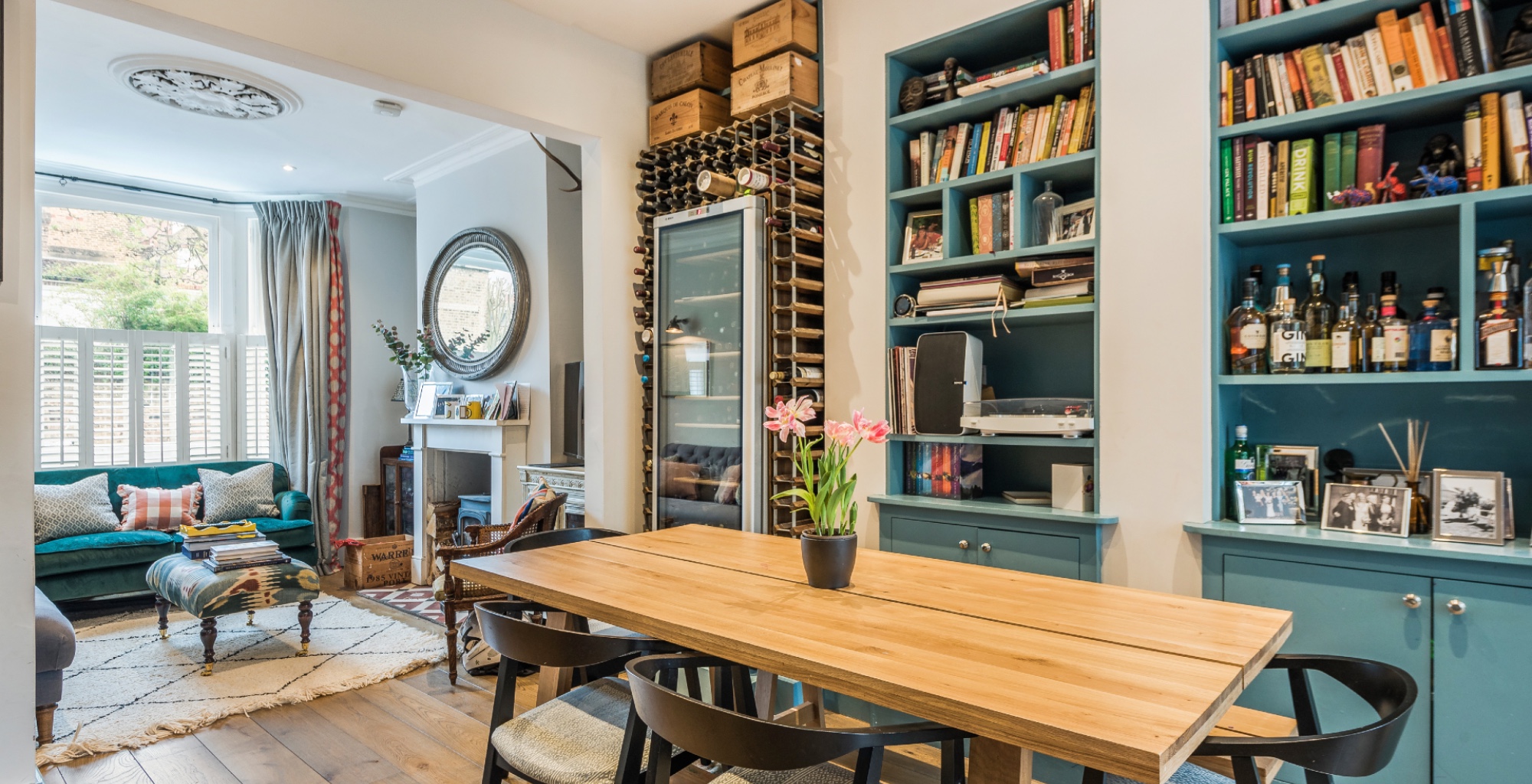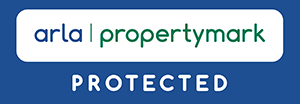If you’re in the market for a property to buy in London, you’ll likely have considered leasehold vs freehold properties and might be hoping to learn a little bit more about the different types of property tenures and what they might mean for home ownership.
When you’re looking at a property for sale in London, within the details on the listing a property will be shown to be either freehold, leasehold or share of freehold – so what do these mean?
What does Leasehold mean?
Leasehold is a type of property ownership where the property is leased from the freeholder for a certain number of years.
In most cases, leases are long-term arrangements and are originally set up with hundreds of years until they expire, with newly formed leases usually 90 or 120 years and even in some cases as high as 999 years.
A leaseholder will have a contract with the freeholder which will set out the agreement between the parties, including the legal rights, duties, and obligations.
As a leaseholder, you will usually be required to pay a service charge that will cover maintenance fees and often the overall buildings insurance – what is included in a service charge is unique to each property, especially given that many properties across West London have leases that were set up over a hundred years ago.
A freeholder, also called a landlord in paperwork surrounding a lease, will also have responsibilities which will be written in the lease these might include maintenance of the communal areas, cleaning of these common parts and any necessary building works together with upkeep of the exterior walls and roof.
In certain cases, the freeholder might be very minimally involved and the agreement is between the leaseholders within a property to cover building maintenance costs, with no service charge but perhaps a sinking fund set up and just a ‘peppercorn’ ground rent charged by the freeholder, which is a very low amount.
A leaseholder will have to obtain permission from the freeholder for any major works to the property, in the instance you’re buying a property with a view to carrying out improvement works or an extension, it’s prudent to keep this in mind – together with any necessary planning permission, you will have to gain freeholder permission.
There may be restrictions in place such as it not being permitted to sublet or to own certain pets.
Given the possible variations on a lease, it is essential to ensure you fully understand the finer details before you buy the property, your solicitor will obtain a copy during the conveyancing process. Outdated leases can sometimes be amended during the conveyancing process, but the key points will usually remain.
Can you extend a lease?
Yes, you can extend a lease. This question is usually asked when a property becomes available that has a short lease.
Leases with few years remaining have a far lower value than those with hundreds of years remaining. In many cases when a lease is nearing just 90 years left of the term a leaseholder will seek to extend the lease.
To explore the potential cost of extending a lease there are various tools and guides available from the government, including a lease extension calculator.
Mortgage lenders can be reluctant to lend on a property within a short lease – if you are considering selling it can be prudent to address a short lease prior to bringing a property to the market for sale to achieve the greatest result.
Is it hard to sell a leasehold property?
If you’re considering buying a property with a lease you might be thinking ahead wondering if it is hard to sell a leasehold property.
In London, the reality is that a large proportion of properties, particularly converted apartments, are sold as leasehold, meaning that unless you are buying a house, you will be considering leasehold properties.
It might become difficult to sell a leasehold property if there are less than 90 years remaining on the lease.

What does freehold mean?
If you buy a freehold property, it means you own the entirety of the property and the land it is built upon – it is outright ownership.
As the owner of a freehold property, you will have your name on the Land Registry as the “freeholder”, owning the “title absolute”.
If you’re buying an entire house, it will usually be freehold – the property details will confirm this. Whilst it is rare in London, there are some instances where houses are sold with a lease.
Whilst as a freeholder you will not have to pay ground rent or service charges, as the freeholder of a building you are responsible for maintaining your property.
How long does a freehold last?
The freehold on a property lasts until the owner of the property decides to sell the property. When the property is sold the freehold will be transferred to the new owner of the property.
What is Share of Freehold?
Another type of property tenure that you are likely to come across when buying a property in West London is Share of Freehold which means you would be buying shared ownership of the freehold title relating to the building together with the leasehold of the individual apartment you are buying.
It is usually the case that the freehold title will be registered in the name of a company in which the owners of the apartments within the building will each be shareholders.
Share of freehold is often preferred as it gives the homeowner greater control over things such as maintenance obligations.

How do I know if a property is freehold or leasehold?
If you want to find out if a property is leasehold or freehold you can check on the Land Registry website by searching the postcode of property and looking at the tenure type in the results.
Buying and selling property in West London
As a buyer, you should check a property’s tenure before you move forward to putting in an offer. If you’re considering a leasehold or share of freehold property there may be regular financial obligations, a selling agent will share this information.
Selling agents must display the tenure and applicable service type charges on a property listing, together with the council tax band to meet the Trading Standards requirements.
As always, if you would like to discuss any property related matters our team is available to talk, without obligation. Contact us to explore your plans to sell, let, rent or buy property in West London.





